Children play in a field. A train goes by. The children turn to see Jewish people looking out the windows of the train. World War II is prevalent in the air as the uncle of Josefine Albright and his friends stop in their tracks.
“A complete silence would fall over their playing time,” Albright said. “Everyone was too afraid to utter one word that could be repeated to some officials, so it was just dead silence.”
As Allied troops moved across Europe against Nazi Germany in 1944 and 1945, they encountered the sites of Nazi crimes. On the morning of Jan. 27, 1945, the largest extermination and concentration camp, Auschwitz-Birkenau, still held 9,000 prisoners but would soon be liberated by the Soviet Union army.
Officially proclaimed in Nov. 2005 by the United Nations General Assembly, Jan. 27 became a day to honor and pay tribute to the victims of the Holocaust. This day is now known as International Holocaust Remembrance Day.
“It’s important to remember for two reasons,” English teacher Josh Bault said. “Number one, it’s a horrible thing that happened, and we can’t change things that we don’t know about and are informed about. It’s difficult for us to do. I think it’s important for students to know this happened in the past. Secondly, it gives students insight. It’s important for them to know there are bad people out there, and we need to make sure we are looking at that from a place where there is a clear definition of what evil versus good is.”
According to Jewish Telegraphic Agency, 20 states require schools to provide Holocaust education, while three states encourage and endorse Holocaust education. Indiana mandates genocide education from grades seven or eight through 12.
“I taught eighth grade for a while, and we had a unit on the Holocaust,” Bault said. “We read things like the ‘Anne Frank’s Diary.’ We read a play that was created under the supervision of Mr. Frank. We read that kind of stuff there and do some background information.”
Based on the students’ grade level, Holocaust education is approached in different ways.
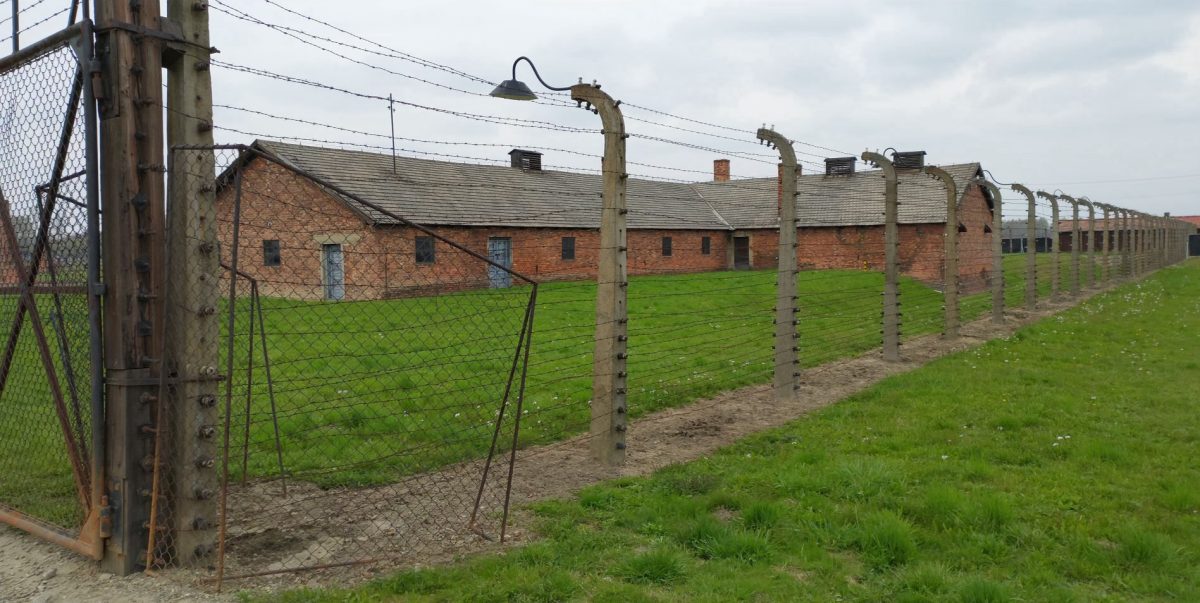
“In 10th grade, we do a Holocaust unit, but we do it differently,” Bault said. “We read the novel ‘Night.’ It’s a memoir by Elie Wiesel, who was a survivor of Auschwitz-Birkenau. We take a different approach and take [the students] deeper into the subject. It’s very relatable age-wise. We have the same students the age of Elie, and if we go back to Anne Frank and the eighth graders, it’s the same way. We build based on where you are in your education.”
After discovering “Night,” English teacher Grace Scott introduced the memoir to the English department.
“I will never forget the first time I heard Elie Wiesel tell his story on Oprah Winfrey’s daytime talk show,” Scott said. “I was shocked that I had never read his book ‘Night,’ and so I went to the local library. They did not have a copy of his book, and I knew right then that I wanted his book to be part of my teaching curriculum. I wanted to make sure that Elie’s story and other stories of the Holocaust would be shared for generations to come so that history would not repeat itself.”
While spending time studying historical factors that led to the Holocaust, reading, discussing, analyzing and writing about Elie Wiesel’s memoir, Scott also was able to get in contact with the son of two Holocaust survivors.
“This was such an incredible experience,” Scott said. “For several years, I had followed Eva Kohr and Alex Kohr on Twitter. Eva was a Mengele twin and an Auschwitz survivor. Alex is the son of Eva and Mickey Kohr, also an Auschwitz survivor. I asked Dr. Alex Kohr if he ever met with students to share his parent’s story, and he said he would love to meet with the students. We had several Google Meets where he shared both of his parents’ stories. It was incredible.”
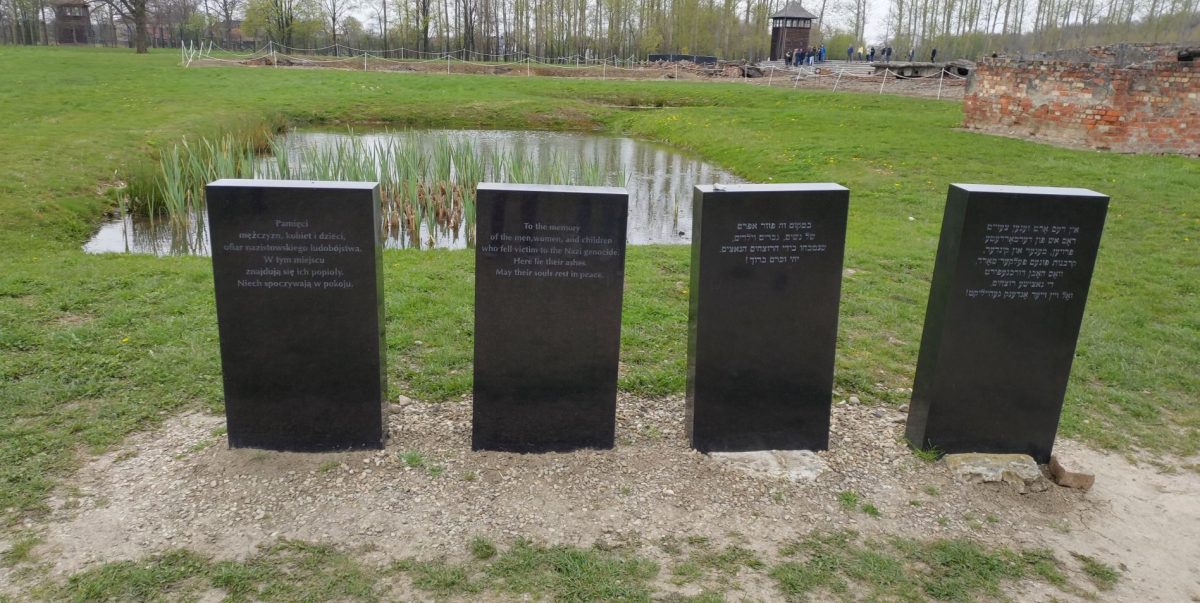
Talking to Dr. Alex Kohr allowed students the chance to have a completely different experience compared to just reading about the tragedies that took place.
“I think the students loved the opportunity to learn from Dr. Alex and hear about his experiences with both of his parents growing up,” Scott said. “They were able to ask questions in the Google chat. I think it is one experience to read a book about a historical event, and it is something completely different to speak firsthand with someone who was directly affected by the Holocaust. I had the chance to attend a dinner this spring where Dr. Kohr spoke again, and it was so impactful.”
Although not directly affected by the war due to being born after the war, Albright, the grandmother of senior Luke Smith, and her family were affected.
“My family traveled from Yugoslavia to Germany only to walk into a worse situation of the war,” Albright said. “Food was very scarce, especially for refugees that came from other countries like Yugoslavia. I remember my aunt telling me that the first Americans who arrived were given a piece of bread. She said that bread had never tasted so good, and that was the best treat she ever had.”
Growing up, Albright would hear occasional stories from her family.
“My grandmother and her siblings watched their father get killed in Yugoslavia by the partisans,” Albright said. “That’s about the depression and everything that went along with the war. My family didn’t really talk much about it.”
President Truman signed a bill in 1945 to bring over a certain number of refugees. Albright’s family was able to get on the navy ship to America.
“The Catholic Church gave us an opportunity,” Albright said. “You had to sign up, and we fortunately got signed up in time. A friend of the family told my grandparents about the list to go to America. We signed up hoping for a better future and getting out of the poverty we lived in while in Germany.”
Since moving to the United States, Albright has returned back to Germany once.
“My aunt, her children and I went back a few years ago,” Albright said. “The home that my grandparents lived in had been demolished and a new home set. The city was completely like it was back in the war years. The gentleman that was telling us about the war, when going into his residence, it still looked like a place back in the 1920s or 1930s.”
By continuing to remember and teach about the Holocaust, it is hoped that these lessons will continue to benefit students beyond the classroom.
“My hope from teaching about the Holocaust was for students to have a little more kindness, a little more empathy, a little less judgment for their fellow man,” Scott said. “Society loves to divide people into categories, but we have to fight back against those stereotypes. I’ll never forget the footage of all the shoes at Auschwitz and Elie Wiesel says that the shoes are crying out to us, begging us to listen, to have compassion, and to not allow history to repeat itself.”


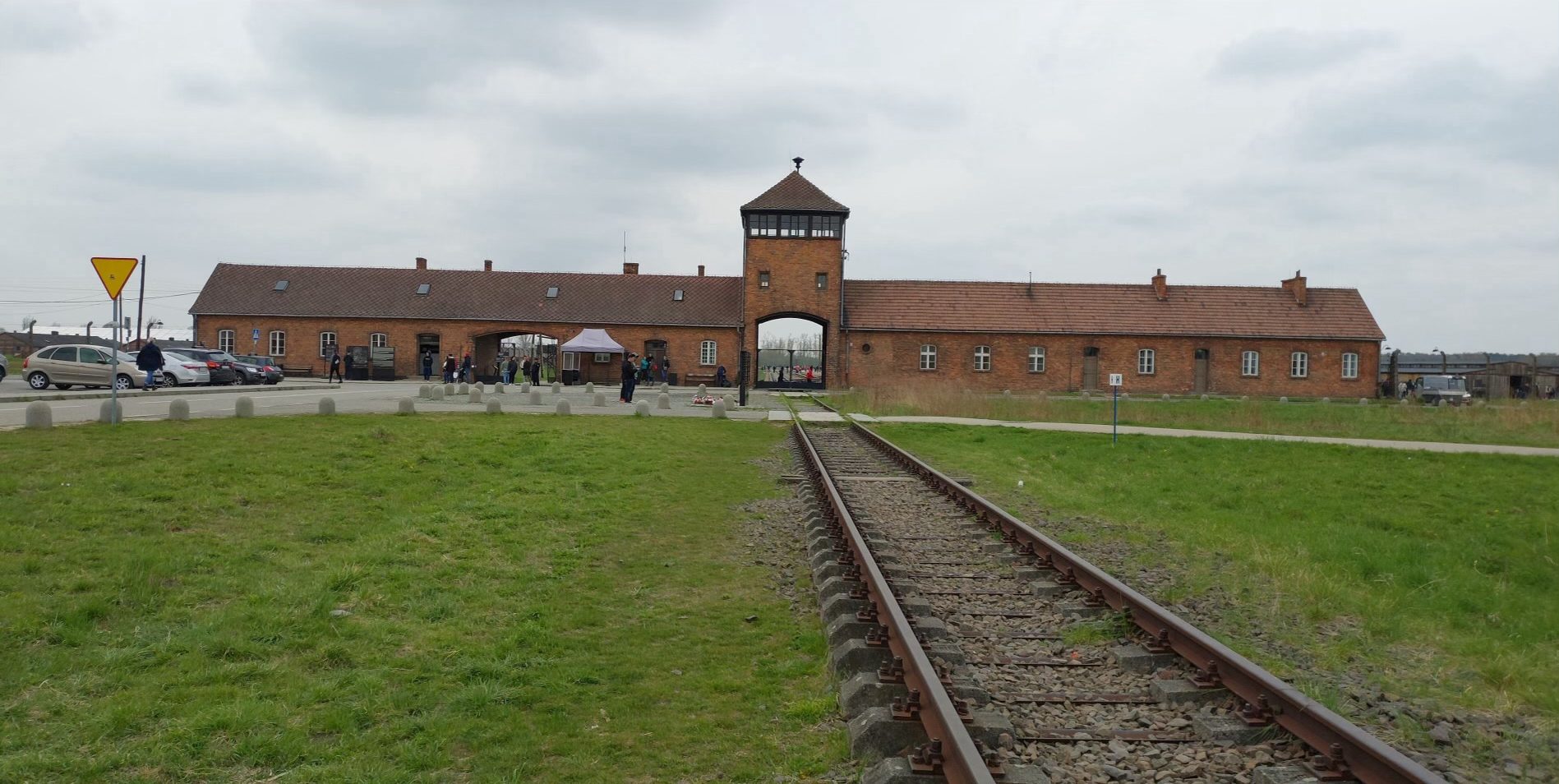

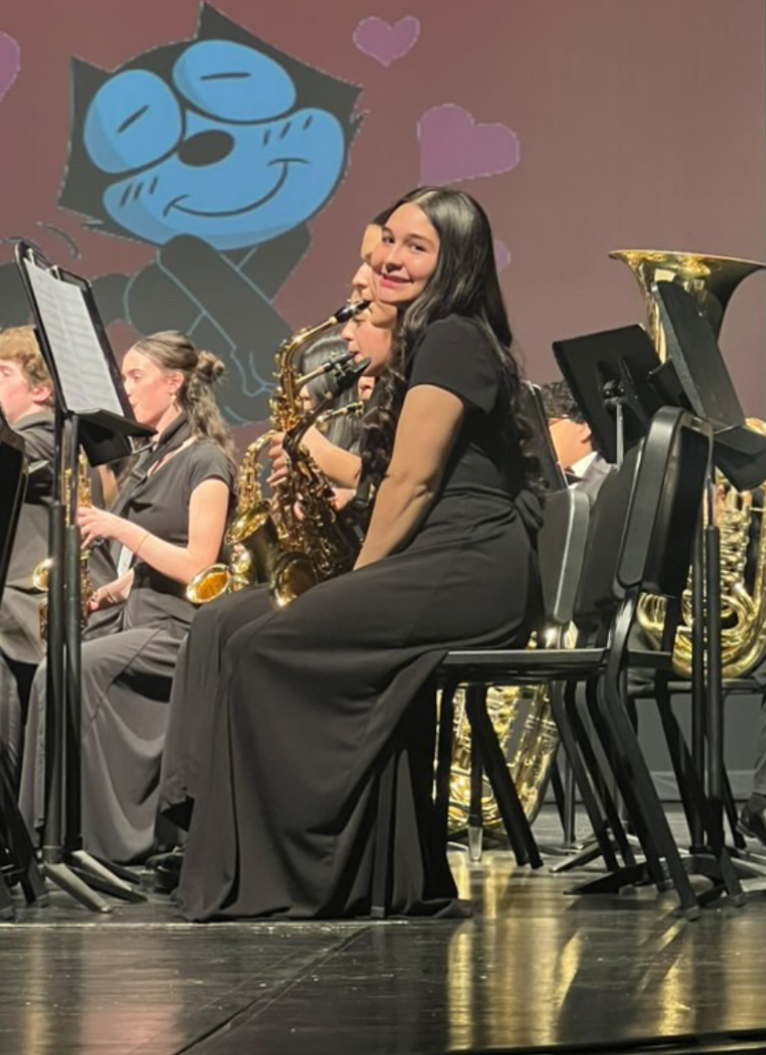

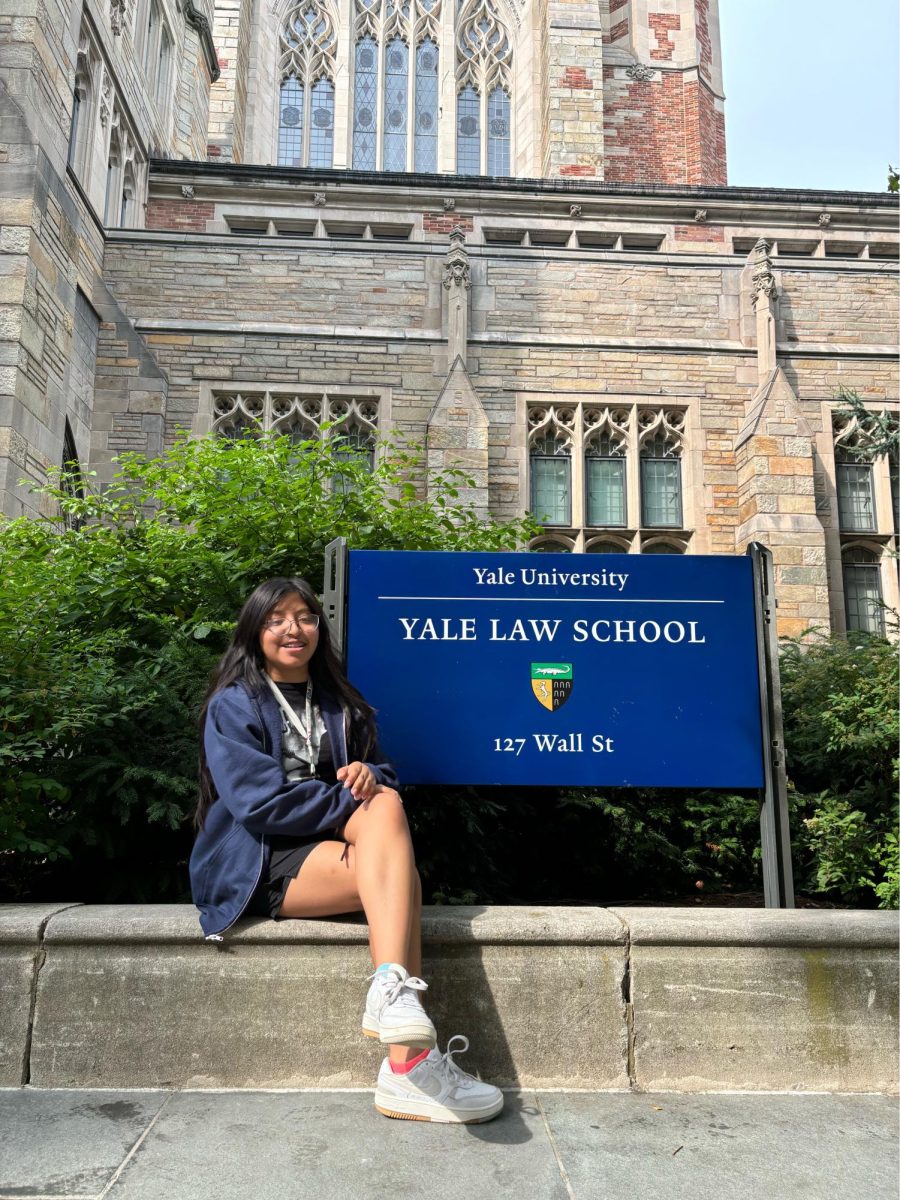
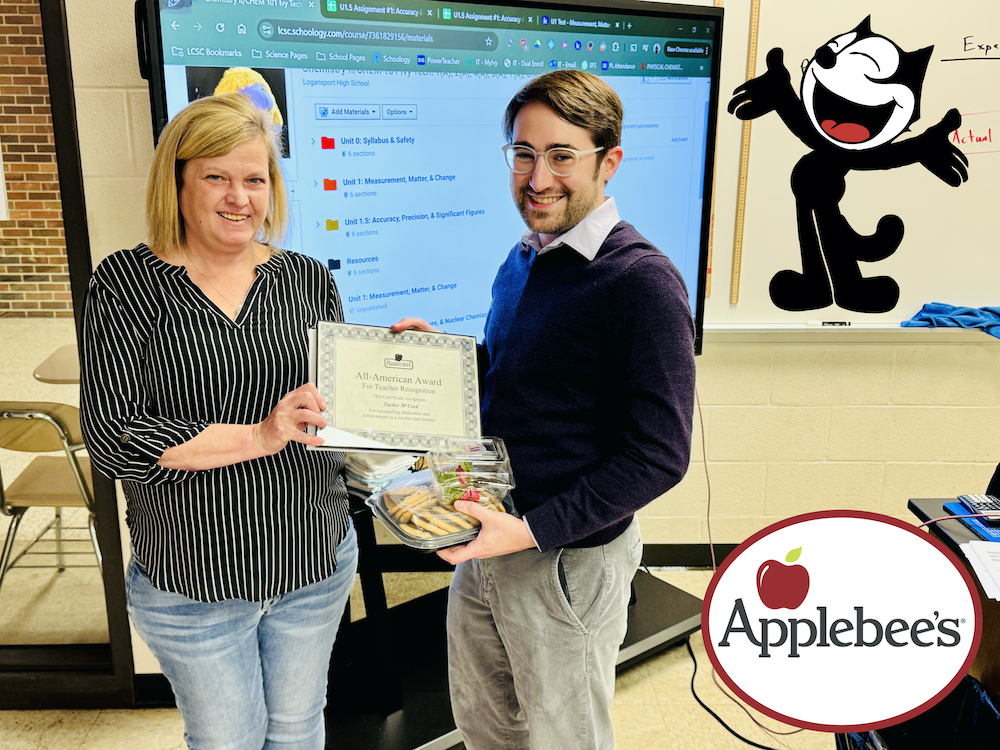
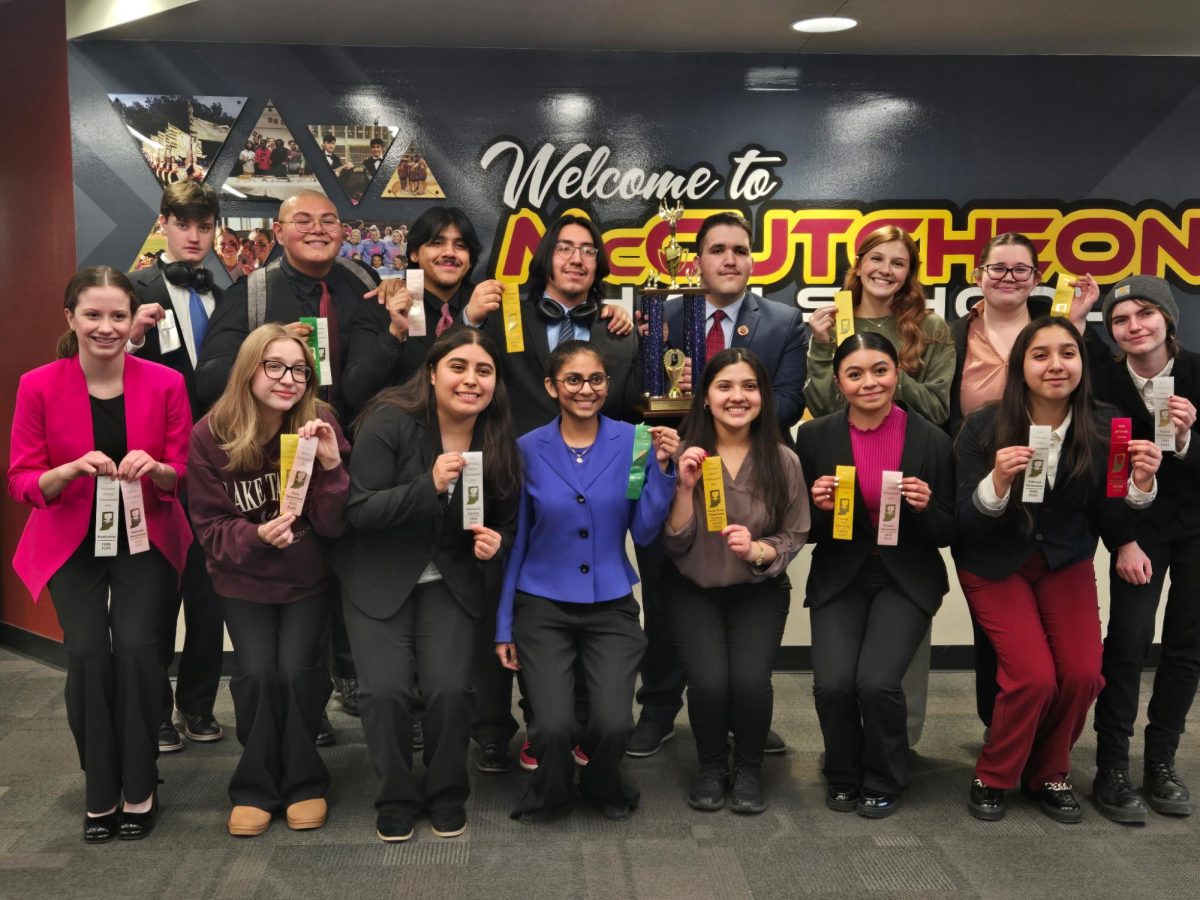
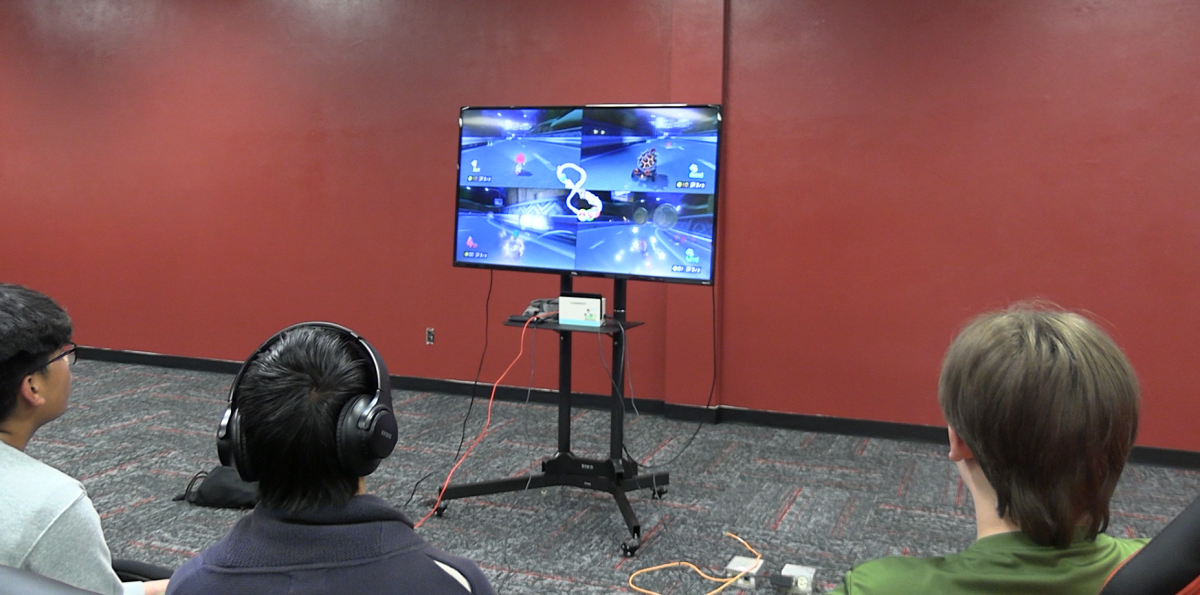

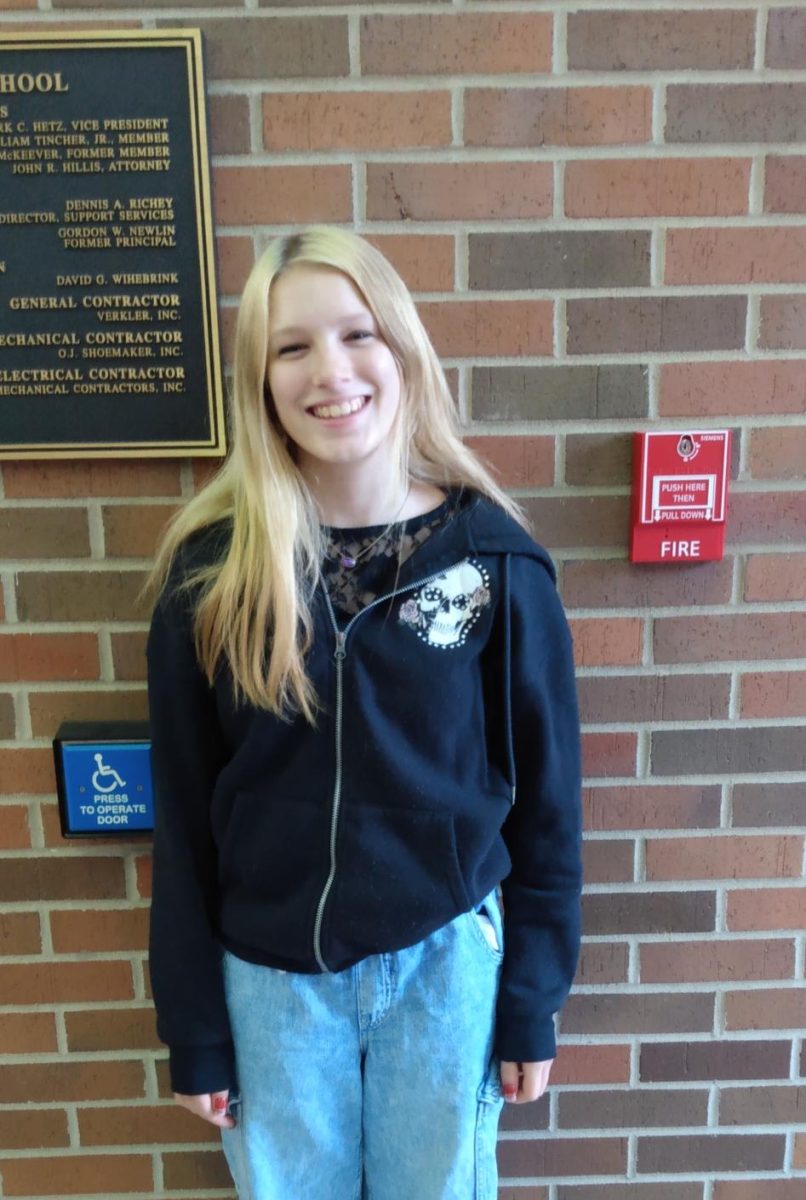

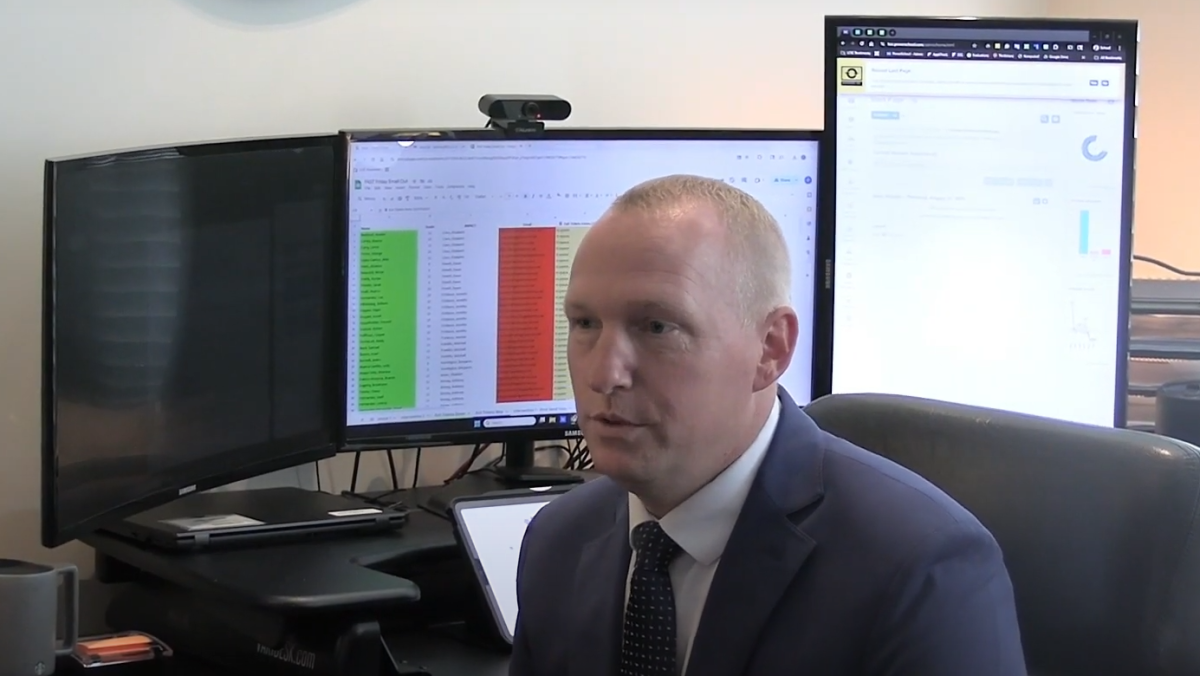
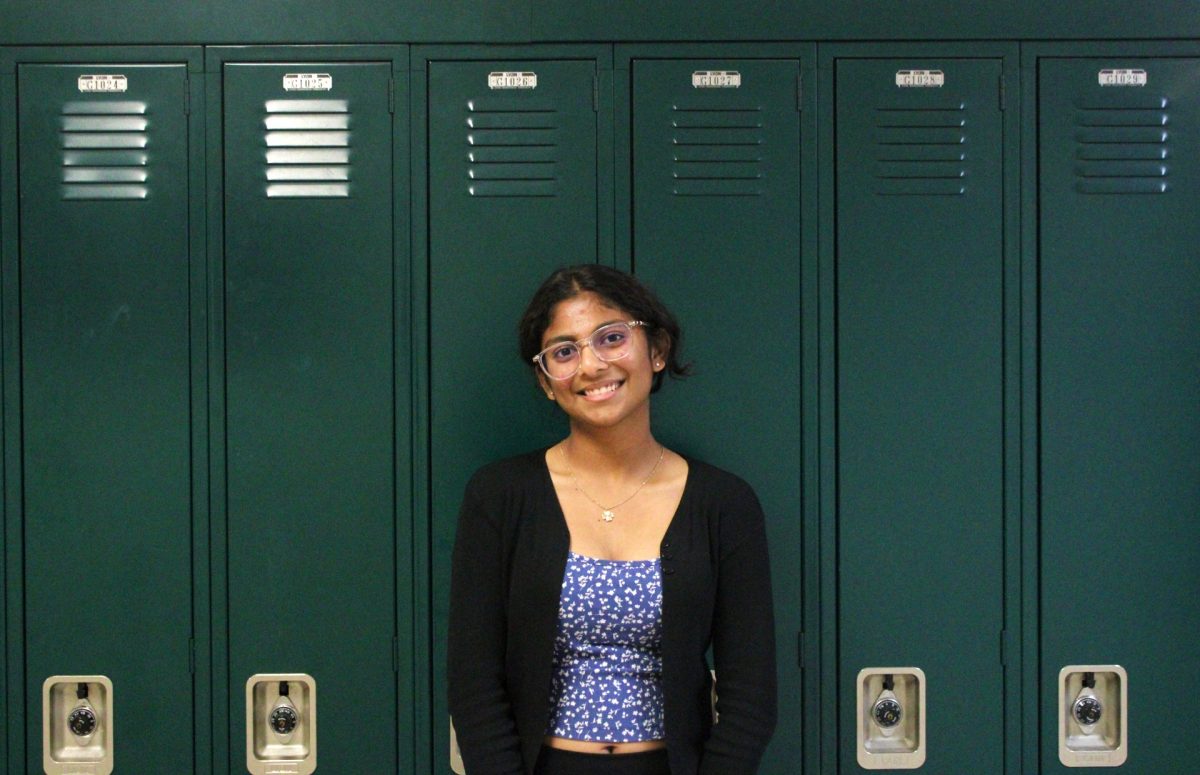
Yoslen Robaina • Feb 22, 2024 at 5:10 pm
Very nice